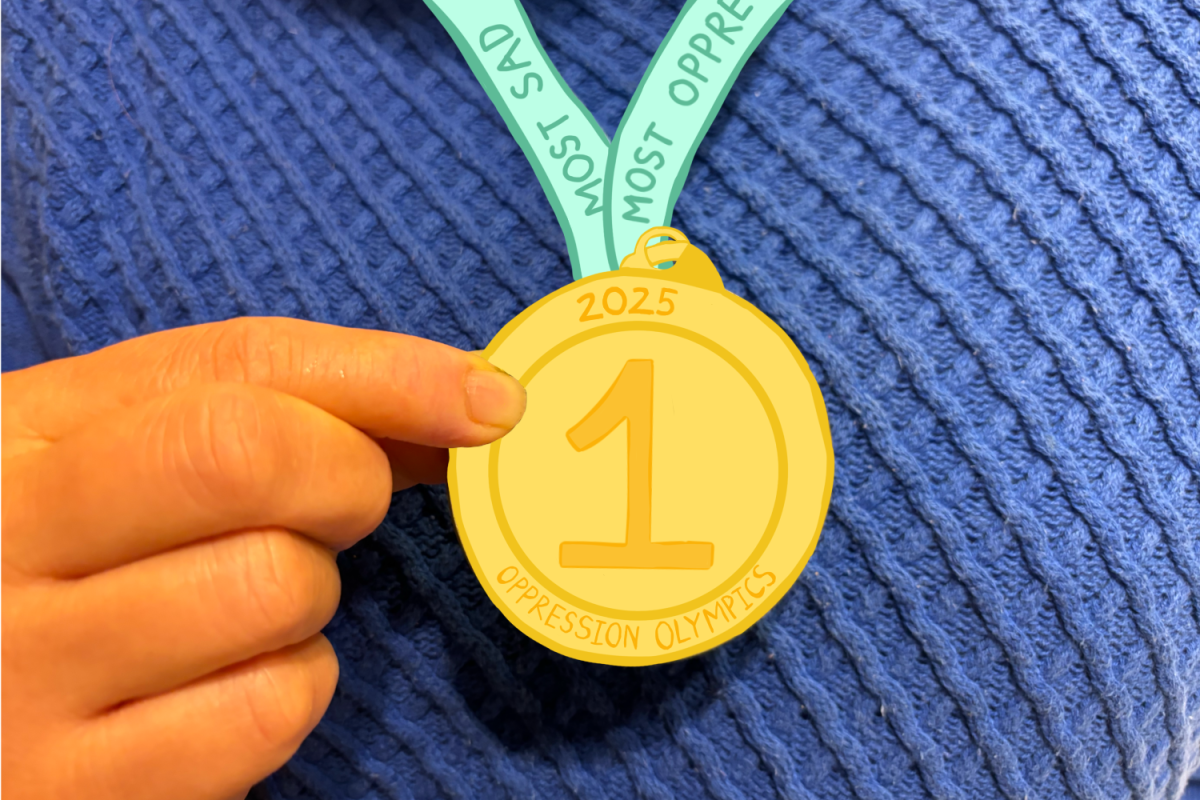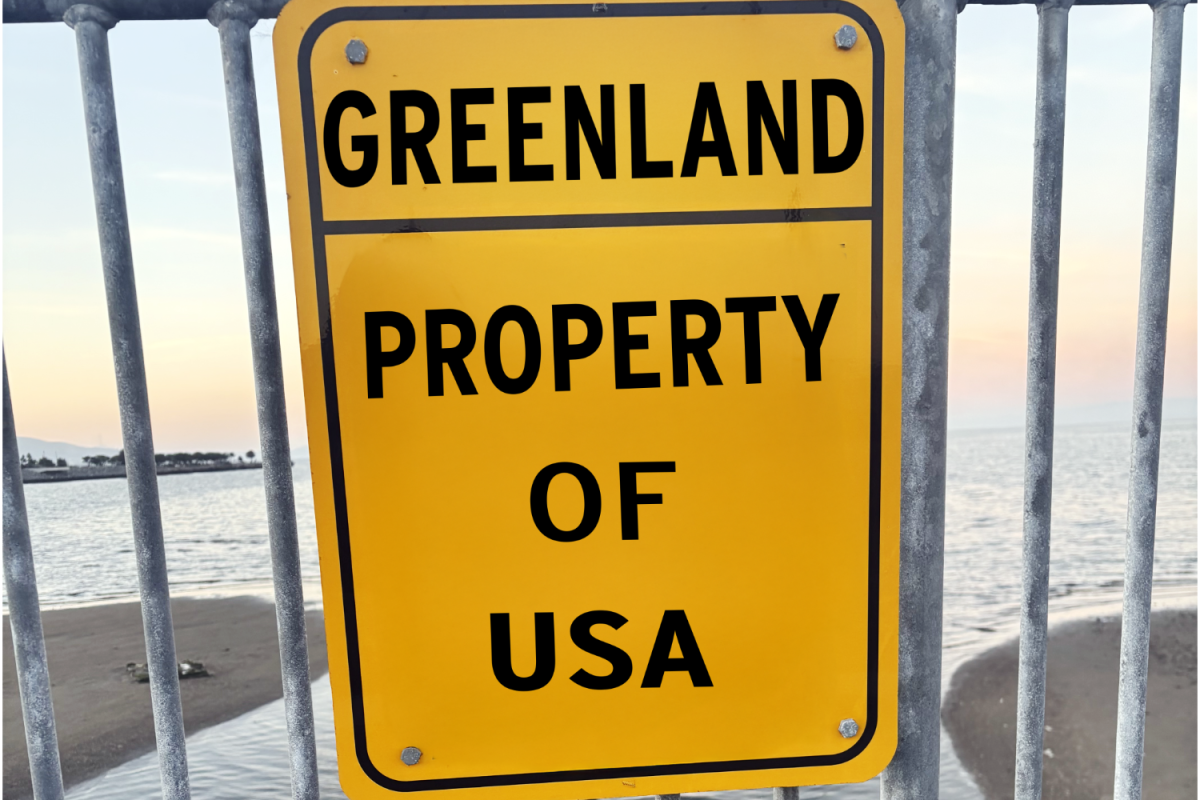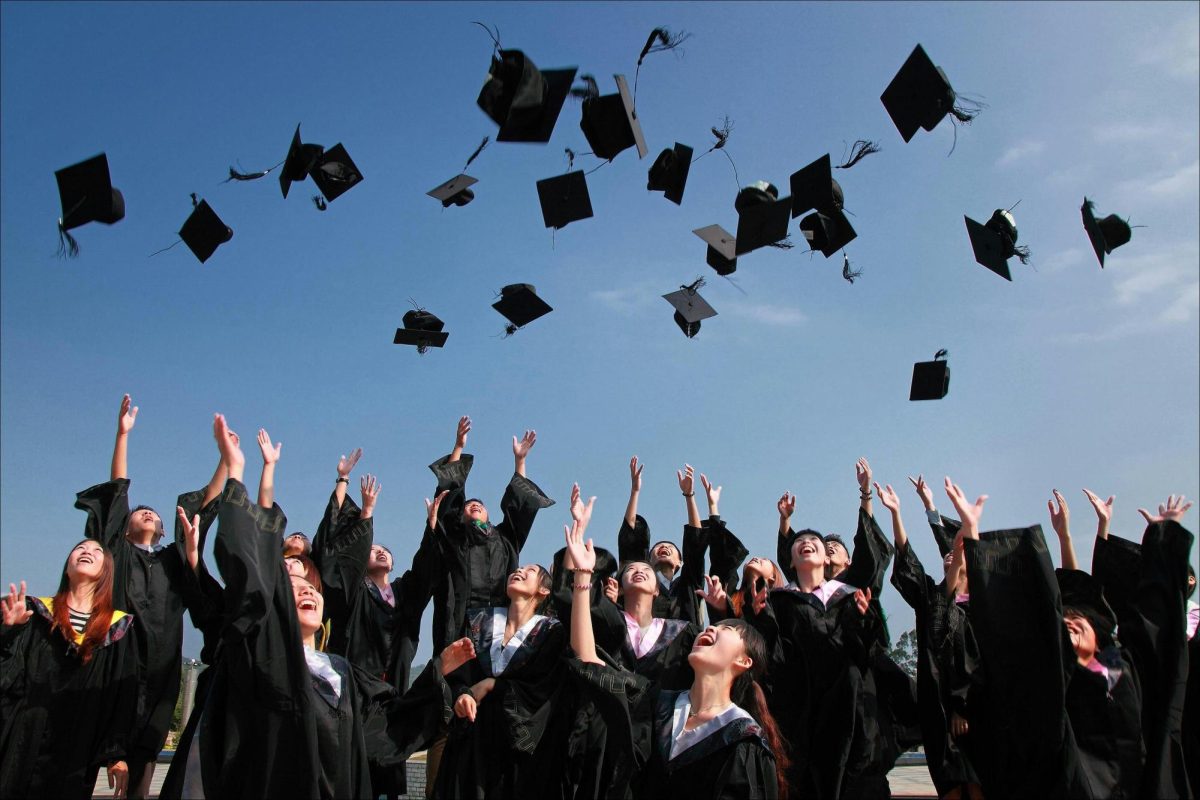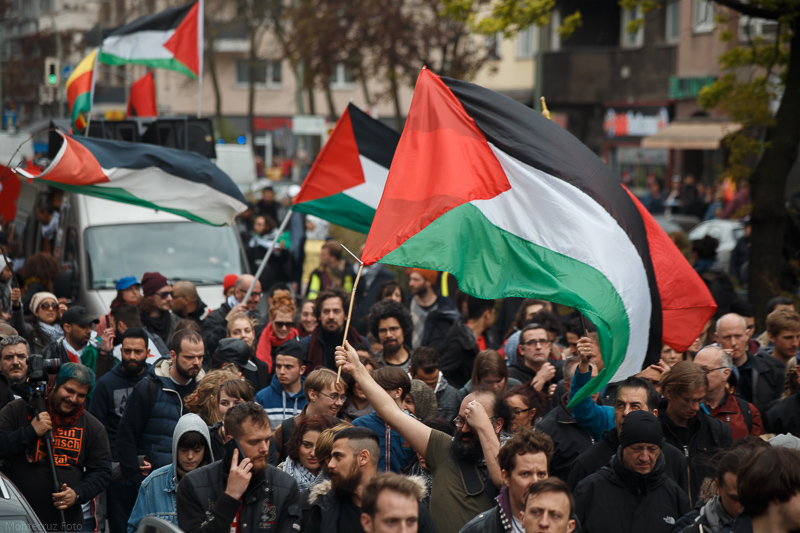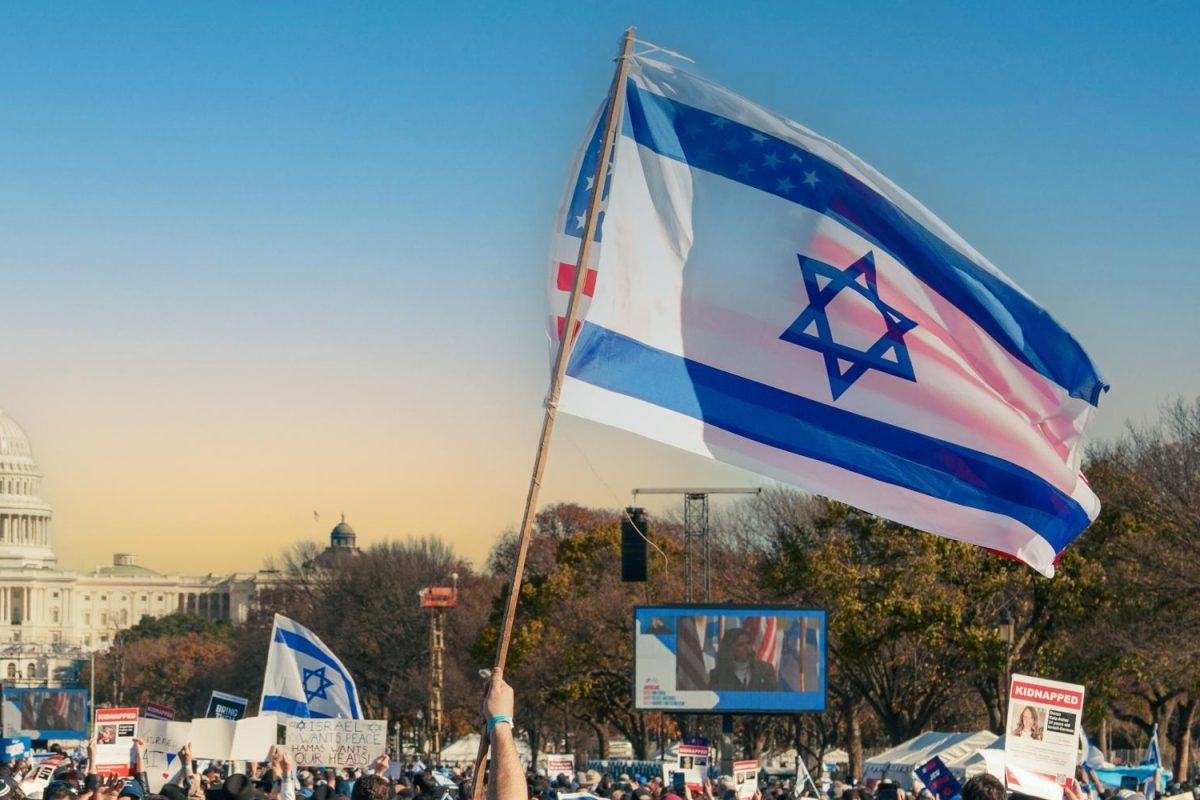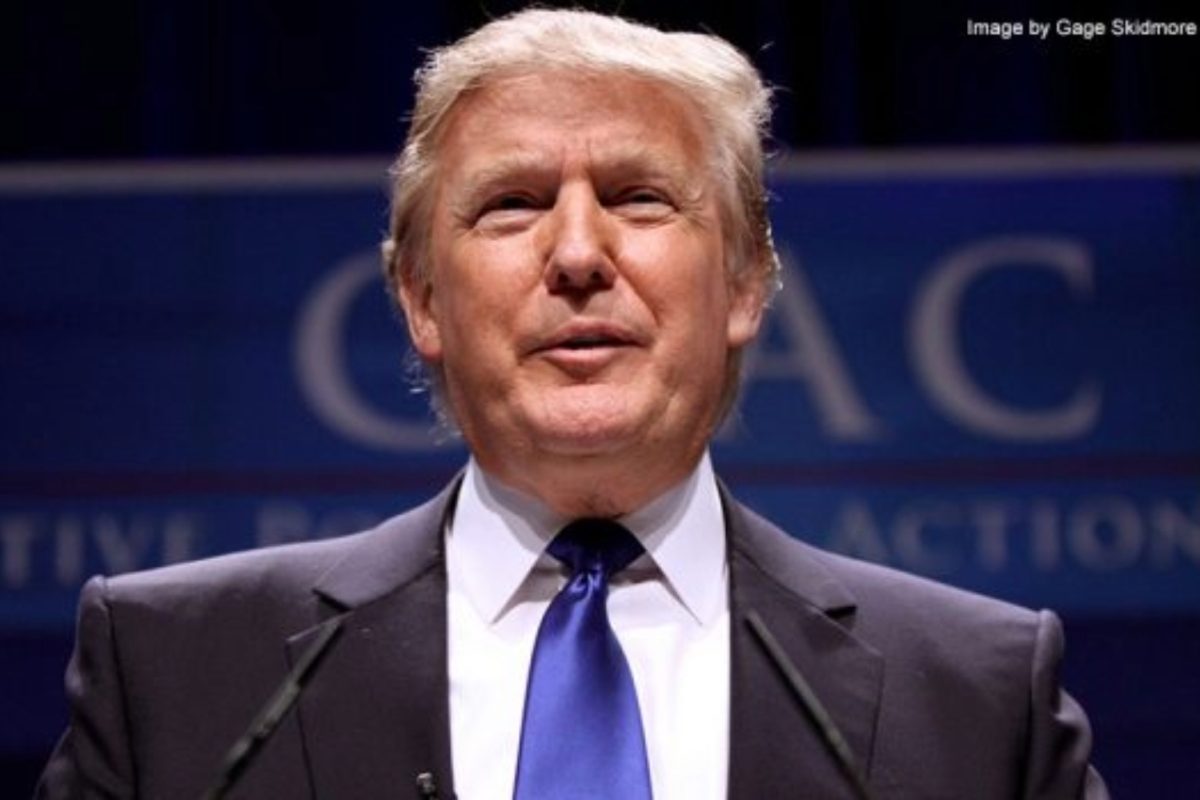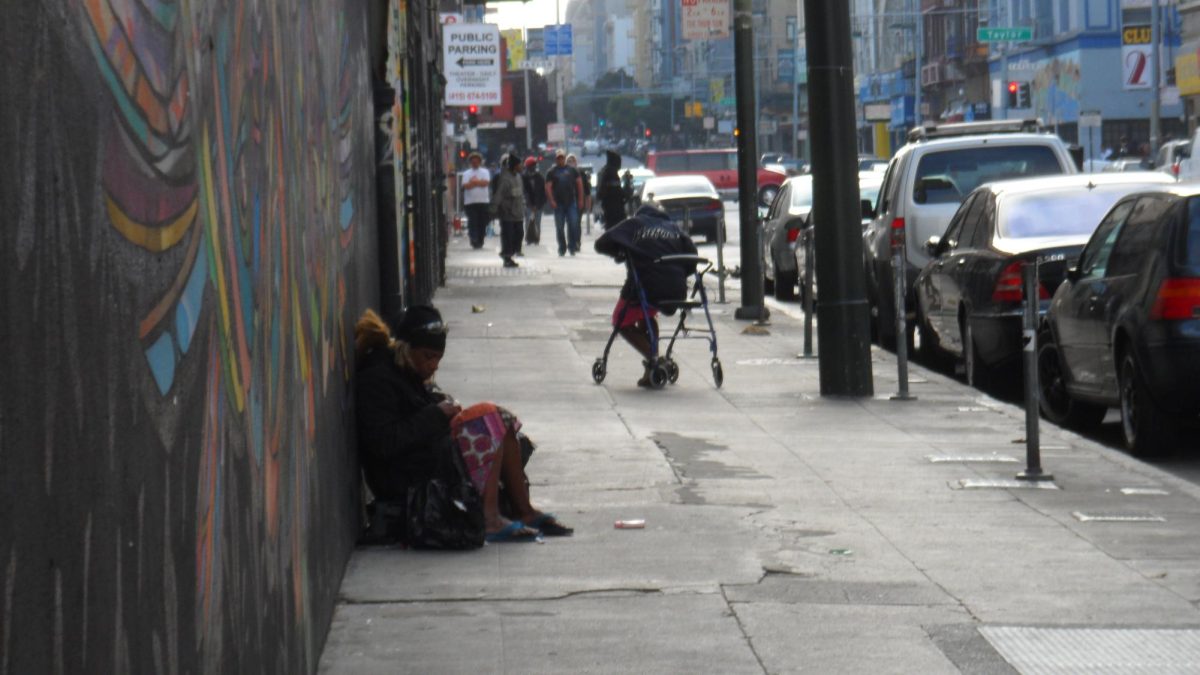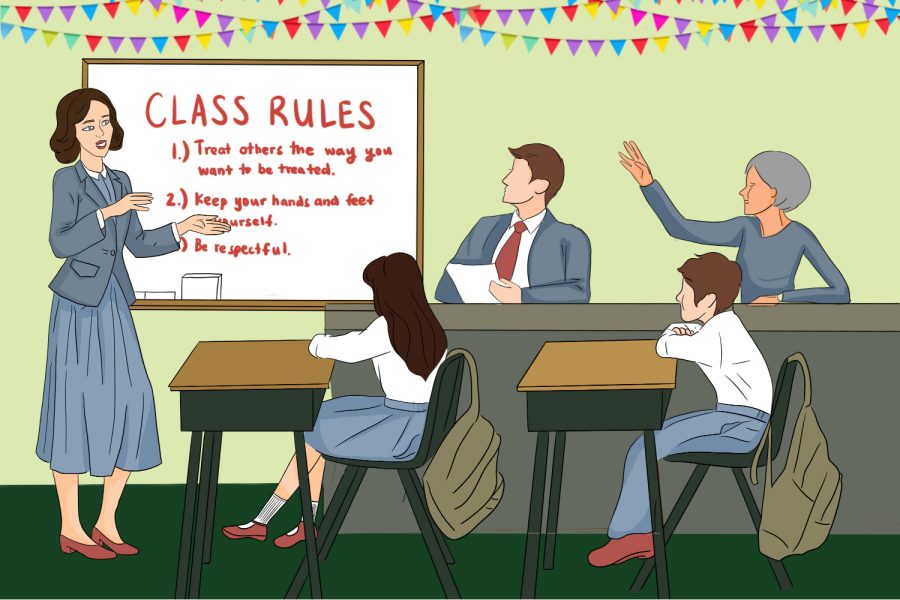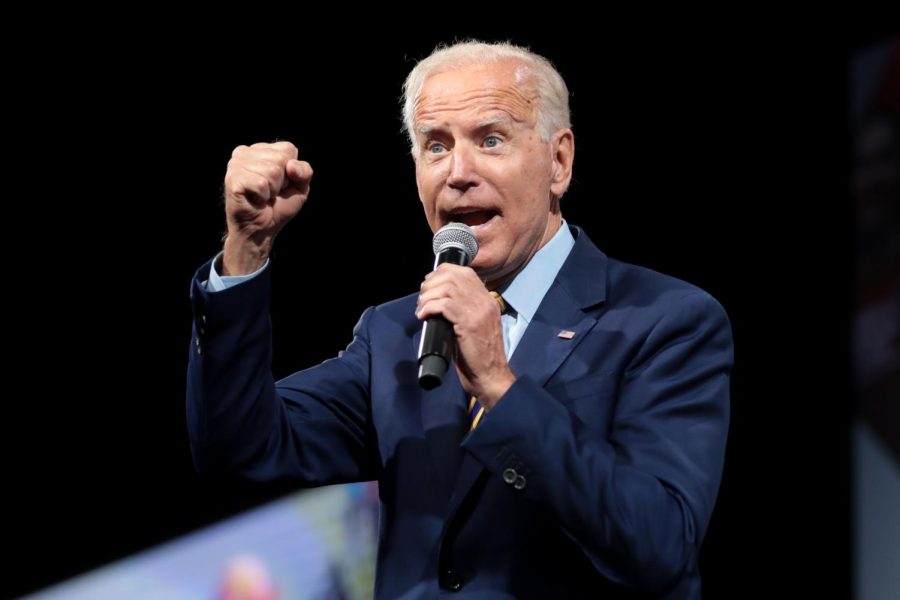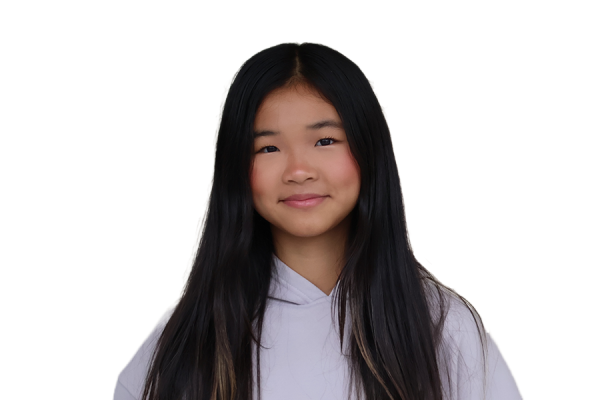Welcome to the 2025 Oppression Olympics, where medals are only awarded to those who can stack the most marginalized identities on their plate–because nothing speaks victory more than quantifying your own suffering to fish for attention.
The perfect sport for the sad and miserable, the Oppression Olympics is a showdown of who has it worse: who is the most stigmatized, marginalized, and discriminated against person in the world.
Black and Asian people point out racism, coined by hashtags like #BlackLivesMatter and #StopAsianHate. Disabled people mention ableism and women bring up sexism–with a better chance of winning if you’re also a part of the #MeToo movement.
According to the George Washington University, while the academic theory of intersectionality addresses how multiple layers of identity create unique experiences of privilege and oppression, the Oppression Olympics is more of a competition of who can use the most hashtags in their social media posts.
You’re a lesbian (#LoveisLove) woman (#MeToo) who is also neurodivergent (#AutismAwareness) and depressed (#ItsOkayToNotBeOkay)? Phew, you must be going for gold!
Not to burst your bubble though, but there’s always someone who has it worse. Think about Aaron Rose Philip, the first Black transgender woman with cerebral palsy to be represented by a major modeling agency. Ha! Compared to you, she wins by a landslide.
Some may argue that the Oppression Olympics is a cry for help and a call for social justice in disguise. Since when did “social justice” become “survival of the weakest?”
Well, I suppose comparing who has it worse is way more fun than competing who has it better. After all, it’s unethical to brag about our successes. We better stay humble, so let’s brag about our adversities instead!
“My dad yelled at me.”
“But my dad hits me, so you can’t complain.”
“Too bad for you, my dad’s dead. At least you still have a dad.”
Perhaps the solution to getting rid of each other’s problems is to invalidate them, don’t you think?
As of late, social media has certainly played its part in marketing the Oppression Olympics completely for free–with its biggest educational lesson in teaching young girls that disability and mental health disorders are romantic and quirky.
Next time you see a 13-year-old girl on TikTok faking Tourette’s syndrome for views, keep in mind that data from Thriveworks shows that only 44% of all Americans have diagnosed themselves or someone else with a mental health condition. But I call this the condition of believing everything you see on the internet.
“I’m so depressed, I literally couldn’t clean my room today.”
“I hate going to family gatherings–just me and my crippling anxiety!”
According to BMC Psychiatry, content initially intended to destigmatize mental health through Instagram memes and #bedrotting trends on TikTok has instead turned mental illness into a glorified personality trait. What a surprise, because social media never turns anything into a joke!
Whatever, it’s no big deal. If you haven’t diagnosed yourself with at least one mental illness, can you really say that you’re living in 2025?

